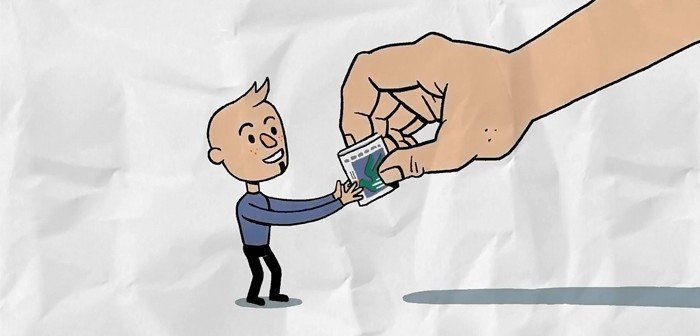Access to Justice in Serbia isn’t guaranteed for poor and marginalized citizens due to fragmentary and poorly developed system of free legal aid. The Law on Free Legal Aid still hasn’t been passed, although Serbia is bind to pass such a law by the Constitution and strategic documents brought in the last ten years.
When we speak about Access to Justice that is guaranteed by the European Convention of Human Rights and the Constitution of the Republic of Serbia, the majority of people in Serbia usually isn’t even aware of their rights or doesn’t have enough resources to finance access to justice, especially due to the fact of non existence of such law that would regulate free legal aid as also due to the low standards of life insufficient to enable hiring lawyers or legal advisors. This fact leads to a conclusion that justice in Serbia is expensive, which makes it less affordable by people with average incomes.
It can surely be said that we live today in the age of information where knowledge and information represents essential capital of an individual. Deprived of information and knowledge, an individual is deprived of the possibility of realization of his basic and fundamental needs. Although with internet all information became available and free the basic problem is choosing adequate means and methods of information usage, as also how to choose the right information in the whole spectre of information. That means that for adequate usage of information it is often required to have prior structured information.
When we put this story in the context of access to justice in Serbia, we come to the need for a comprehensive system of information on the exercise of rights before a court, which in particular refer to citizens who do not have enough resources and funds to pay for professional services in that area. YUCOM has developed two guides in cooperation with the MDTF JSS, a Self-Representation Guide and a Guide: the first time in court and the first time at the courthouse, which directs and informs citizens on how they can exercise their rights before the court.
The purpose of the guide is to help citizens in gaining legal literacy and knowledge, so they can exercise their own rights in courts and in legal proceedings. The guide represents a synthesis of complicated written and unwritten rules, written on a simple and understandable language that is adjusted for non-lawyers and regular people with no legal experience and knowledge.
In order to reach as many citizens as possible, YUCOM has made a broad campaign of promotion of the Self-Representation Guide, among other things, by raising public awareness and media presentations. An animated movie was selected as an effective instrument for this promotion, which would give information on the content of the guide and the way citizens can use it through illustrations. In an illustrative way, the short animated movie attempts to show specific questions that citizens face with when choosing a court, the costs of the proceedings, the dress code and the overall behaviour in the court itself. The video doesn’t have the ambition to explain the procedure of self-representation because this task has been taken over by the guide itself, but rather it is trying to interest the broader audience in order to take the time and listen to the benefits they can gain from reading and getting acquainted with the Guide. Although guides are primarily in the interests of citizens, they often have a lack of will to engage in a matter that is not close to them in everyday life. Therefore, it has been shown that fun and jokes make a good motivation for overcoming the lack of will, and still succeed to successfully communicate some information to as many users as possible.
The animated movie will be presented to the public through a media campaign but will also be available on the Lawyers’ Committee for Human Rights – YUCOM’s website.





